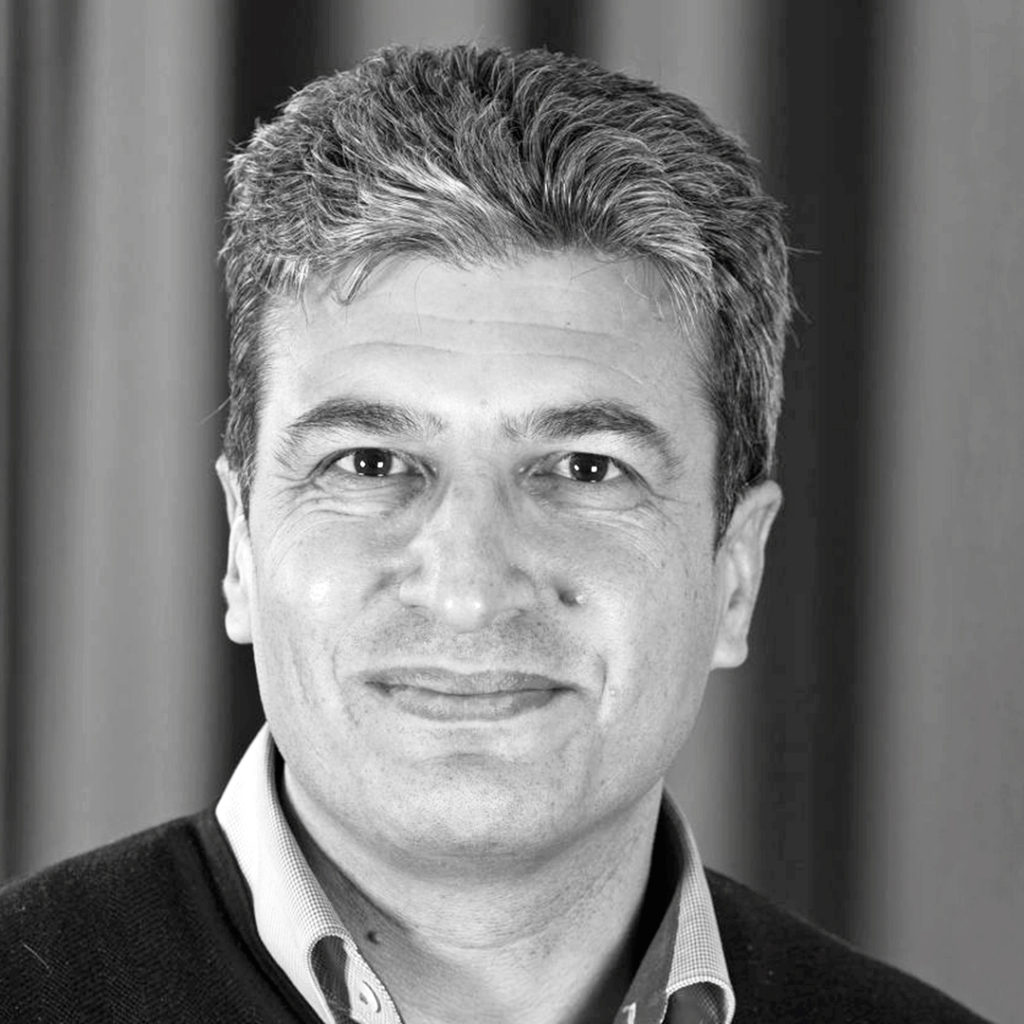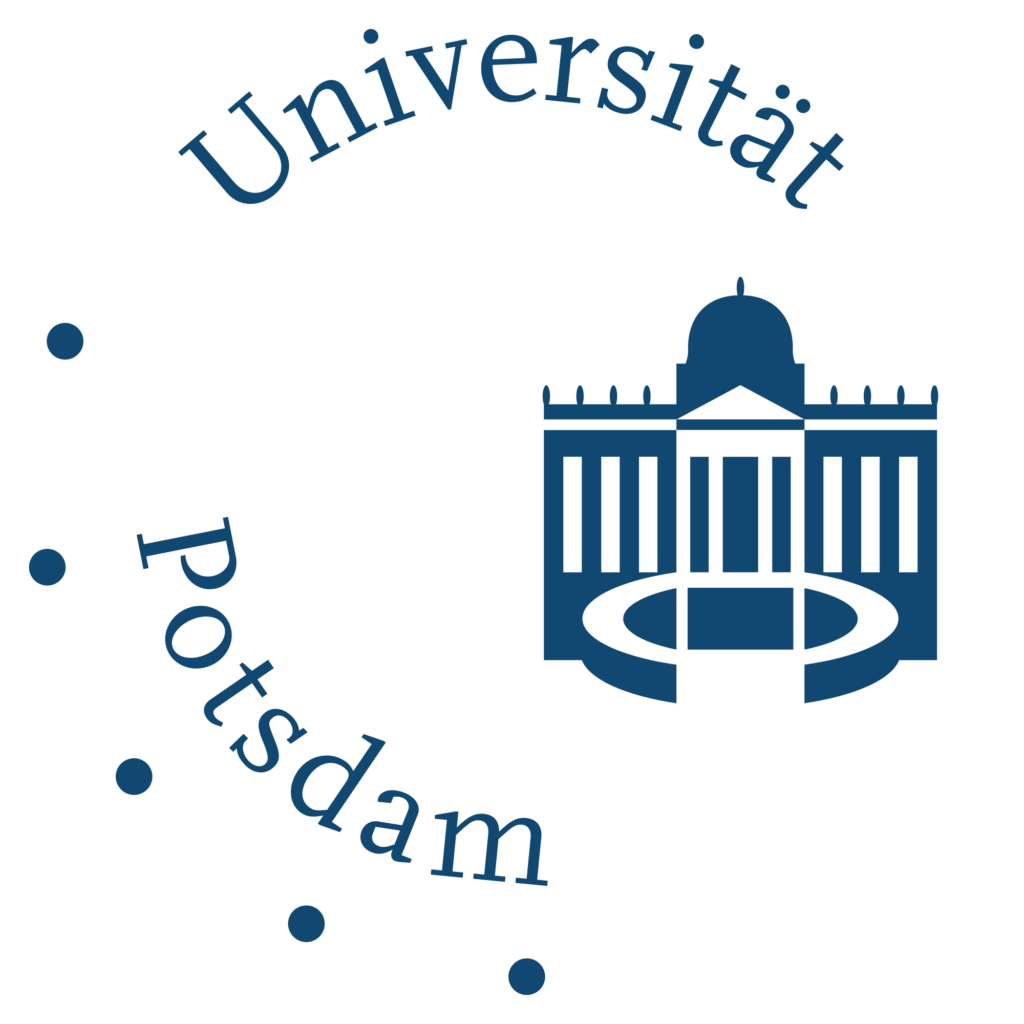Cultural Heritage and Identities in the Middle East: Free Online Seminar Spring 2022

Hosted on Zoom – Register for link
April 19 – July 29, 2022
Wednesdays
12:00pm – 14:00pm Eastern Time
Description:
Today, many Middle Eastern countries are embroiled in conflict. Most of these countries (Iraq, Syria, Saudi Arabia, and Egypt) were formed after the First World War, as a result of the abolition of the Ottoman Empire. It seems that these states struggle to form a collective national identity. Interpreting the past is a fraught and complicated process of much importance for the creation and reform of national identities. Especially, after the beginning of archaeological excavations in the 19th century and the rediscovery of ancient Near Eastern civilizations such as Babylonia, Assyria, Hittite, Sumerian, Hurrian, and others, which offered new information and interpretations, interpretation wars became more pronounced.
In this context education systems and museum exhibits play a crucial role in the Middle East in connection with archaeological excavations in Egypt, Iraq (such as Babylonia, Nineveh, and Assur), and Syria (Mari, Ebla, and Ugarit), and others.
Museums in former colonial metropoles such as the Louvre in France and British Museum in the United Kingdom, enriched their collections with artifacts from some of these sites to demonstrate and enhance their imperial power. As a counterweight to imperial collections, museums in Middle Eastern countries were founded with the goal of reinforcing a national identity. Examples of these kinds of museums include the Iraqi Museum in Baghdad, the National Museum of Damascus and Aleppo, and Beirut Museum.
This seminar will engage with the cultural heritage and archaeology in the Middle East. In addition, it will discuss the complex relationship between cultural heritage and identities. In so doing, this seminar will encourage discussions about new perspectives on cultural heritage and its role across the Middle Eastern societies.
Seminar Leaders:


Dr. Ahmed Fatima Kzzo
Ahmed Fatima Kzzo is a lecturer at Potsdam University (Germany) and project director at the American Center of Research (Jordan). He holds a Ph.D. in ancient Near Eastern archaeology from the University of Rome “Sapienza.” His research focuses on the ancient Near Eastern glyptic, history of ancient Near Eastern studies, cultural heritage, and national identities. He has been a member of the Italian Expedition to Ebla (Syria) since 2004. Dr. Kzzo has participated in various archaeological projects, including excavations at al-Bimarestan al-Nuri (Aleppo) and Çatalhöyük (Turkey). He has also conducted surveys and archival work on inscriptions from the Ottoman period in the Aleppo Governorate. He has published several studies and, recently, the first Italian translation of an Arabic manuscript on Egypt between the 12th and 13th centuries, the book titled Racconto d’Egitto.
Dr. Nedal Haj Darwich
Nedal Haj Darwich Received his PhD in Oriental Archaeology on “Gods and Composite Creatures in Syria and West Mesopotamia in the Early Bronze Age” from Martin Luther University of Halle-Wittenberg. He worked as lecturer at the University of Alfurat (Syria) and University of Sulaimani (Iraqi Kurdistan). He participated in numerous archaeological excavations in Germany, Syria, and Iraqi Kurdistan. He did a Postdoc at Warburg Institute, London in 2017-2019 on Hybrid beings in the Glyptic of Syria, upper Mesopotamia, and Assyria in the Late Bronze Age. He has published several articles and books, most recent of these, Hybrid Beings accompanying the naked goddess on Nuzi-seals. in: M. Herles et al. (Hrsg.), Von Syrien bis Georgien – durch die Steppen Vorderasiens. Festschift für Felix Blocher anläßlich seines 65. Geburtstags, marru 13 (im Druck); Studies in the archaeology of Media and Upper Mesopotamia (In Arabic), Damascus, Damascus, 2020; and Götter und Mischwesen in Syrien und Westmesopotamien in der Frühbronzezeit, Gladbeck, 2010.
This course is funded and hosted by Potsdam University, Professorship of Global History and supported by Off University.




